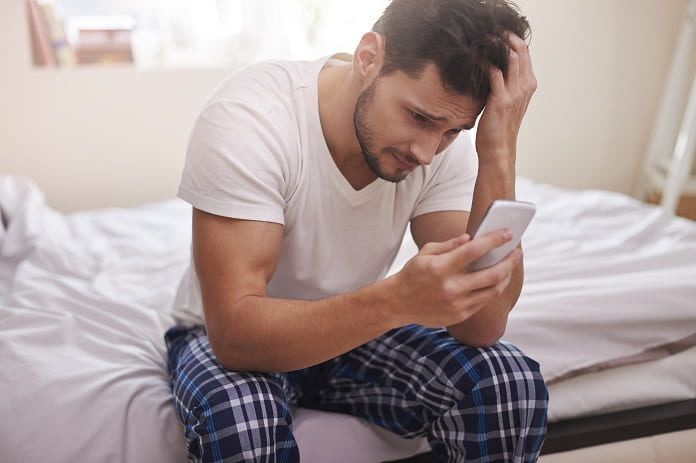Rumour: Access to high-speed internet reduces sleep quality.
Truth: This is collaterally true.
While wifi and high-speed internet access do not directly affect sleep quality, the blue light emitting from the technologies that use wifi and high-speed internet access do reduce sleep quality. Additionally, the devices have alternate ways to disrupt sleep if one is not careful. About 20% of adults ages 19 to 29 have reported that notifications on their phones wake them up at night. Poor sleep has become a public health concern. Adult recommendations for sleep range from seven to nine hours each night.
Laptops, computers, tablets, and phones have made it difficult to get a good night’s sleep. These devices produce an artificial light that affects the human circadian rhythm and melatonin. Melatonin is the sleep hormone and the circadian rhythm partly regulates our daily cycle by responding to light.
German researchers conducted a study to examine the relationship between internet usage near bedtime and sleeping patterns, as high-speed internet influences the use of devices. The findings of this study are published in the Journal of Economic Behaviour and Organization. The study found that individuals with better internet access had lower satisfaction with sleep quality and shorter sleep duration, about 25 minutes less than those without.
The study found that young adults were the most affected. Read more about this study here.
Reference
- Billari, F. C., Giuntella, O., & Stella, L. (2018). Broadband internet, digital temptations, and sleep. Journal of Economic Behavior and Organization, 153(2018), 58–76. https://doi.org/10.1016/j.jebo.2018.07.001



